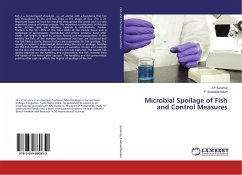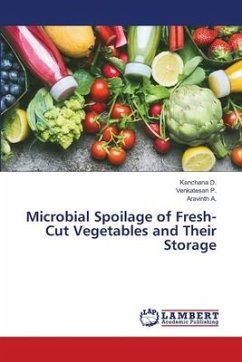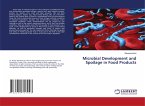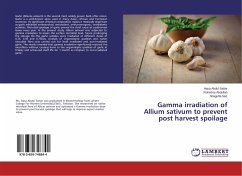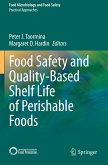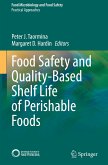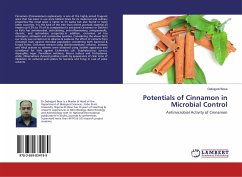Fish is a non-tetrapod chordate, i.e., an animal with a backbone that has gills throughout its life and has limbs in the shape of fins. This is an important source of food for mankind throughout the world and is a very important source of animal protein. The important constituents of fish are water, protein, lipid, ash, vitamins, minerals & carbohydrate. Protein fraction is the 50 - 95% of the total solids of the muscle tissue and is composed of sarcoplasmic, myofibrillar and stroma proteins. Soon after death, fish begins to spoil by various factors and microorganisms. In the healthy live fish, all the complex biochemical reactions are balanced and the fish flesh is sterile. Various factors are responsible for fish spoilage. The quality of capture is important at determining the rate of spoilage. Notably are the fish health status, the presence of parasites, bruises and wounds on the skin and the mode by which the fish was captured. The caught fish quality depends on the handlingand preservation, the fish received from the hands of the fishers after capture. The handling and the preservation practice after capture affects the degree of spoilage of the fish.
Bitte wählen Sie Ihr Anliegen aus.
Rechnungen
Retourenschein anfordern
Bestellstatus
Storno

